HOW TO START A
CLOTHING
SWAP
SHOP
Can you take your passion for clothes swapping to the next level, by setting up a permanent clothing swap shop or integrating clothes swapping into your existing store? Here you can find out how clothing swap shops can work and get support to set up one up yourself.
Clothes swap events have become incredibly popular over the last few years in the UK. As an alternative to buying new clothing, it is a great way for people to save money, cultivate community, and reduce their environmental impact. There are now emerging business models for bringing cloth swapping to the high street.
In this article, we will
Look at why we need more clothes swap shops and events
Offer start-up support
Give you some examples of clothes swap shops
Address some frequently asked questions
Why clothes swap events and shops are important:
Sustainable Fashion: The fashion industry is one of the most polluting in the world. Clothes swapping promotes sustainable fashion by extending the lifecycle of clothing items, reducing textile waste, and lessening the environmental impact of production. Reducing the demand for new clothing reduces the environmental impact associated with clothing production, such as water usage, energy consumption, carbon, and chemical pollution.
Affordability: Clothes swapping provides an affordable way for individuals and families to update their wardrobes without breaking the bank. It's a win-win for consumers.
Community Building: Swap shops and events create a sense of community and connection among participants. It's not just about swapping clothes; it's about building relationships and fostering a sense of belonging.
Support:
You don't need to begin from scratch to explore the feasibility of starting a Clothes Swap Shop or to establish one. Here's a selection of support and resources offered by those who have successfully launched their own clothes swap shops and want to assist you in doing the same.
Examples:
New-U Swap Shop in Norwich
You can swap or shop at New-U, a unique boutique-style shop in central Norwich, offering quality pre-loved clothing and accessories for the whole family. New-U is a charity with the aim of supporting unemployed young people and promoting sustainable fashion. The swap shop model is simple: customers bring in their pre-loved or unworn items and exchange them for swap points, which can be used for a 50% discount on any clothes in the store. In addition to running the shop, New-U offers work-experience programs and a range of other activities, such as a smart clothes library and outreach swap events.
Little Bears Wardrobe in Frome
The family-run business has a store on the high street in the Somerset town of Frome, as well as an online shop. Their mission is to change the way you buy children's clothes by offering new and preloved organic clothes for your little bears. The business aims to build a circular economy of kids' clothing with their "Destash Service": Customers can bring in or post used kids' clothing to the store. The clothing gets valued, and a credit is added to customers' accounts, which they can either use in-store or online. The shop is currently replocating and operating online only for the time being.
Frequently Asked Questions:
-
Many swap shops have multiple income streams. For example, at New-U in Norwich, customers can buy clothing in-store. If they have brought clothing to swap, they can receive swap points, which provide them with a discount of up to 50% on items they bring. Items not sold in the boutique shop are either offered at a £1 jumble sale in a nearby venue or sold online. New-U is also a charity and generates income from other integrated activities within their swap shop, such as a 'smart clothing library,' providing clothing for people in need, offering training for unemployed young adults, as well as hosting workshops and events. For more details, view their case study above.
-
Most swap shops do not cover their costs through clothes swapping alone but combine it with other activities and income streams, such as selling new clothing as well or integrating charitable activities.
-
The biggest costs for setting up a clothing swap shop are staffing and premises, which vary depending on the location and your network of support. The surveyed swap shops had startup funds ranging from £3,000 to £20,000, primarily spent on refitting the shop. One swap shop had funding of £100,000 for its first year of operation.
-
There is potential for an estimated 145 swap shops in the UK, based on the estimated number of towns and cities with populations large enough to sustain a New-U-style Swap Shop. These shops could reach 2.5 million customers, saving them a combined £10 million by swapping items instead of disposing of them. New-U type swap shops have the potential to extend the useful life cycle of an estimated 6 million pieces of clothing per year in the UK, reducing the need for new clothing production and, in turn, reducing carbon emissions and water use.
-
Success factors include:
Leadership: New-U started with a leadership team of three directors with complementary skill sets.
Strong governance: Including a trustee team if operating as a charity, paid staff, and a steering group.
Favorable Rates: Finding premises that cost less than the going market rate.
Sufficient startup funding.
Location: As with all direct retail, a good location with sufficient footfall is important.
Charitable status: Clothes swapping lends itself to a focus on charitable activities, such

